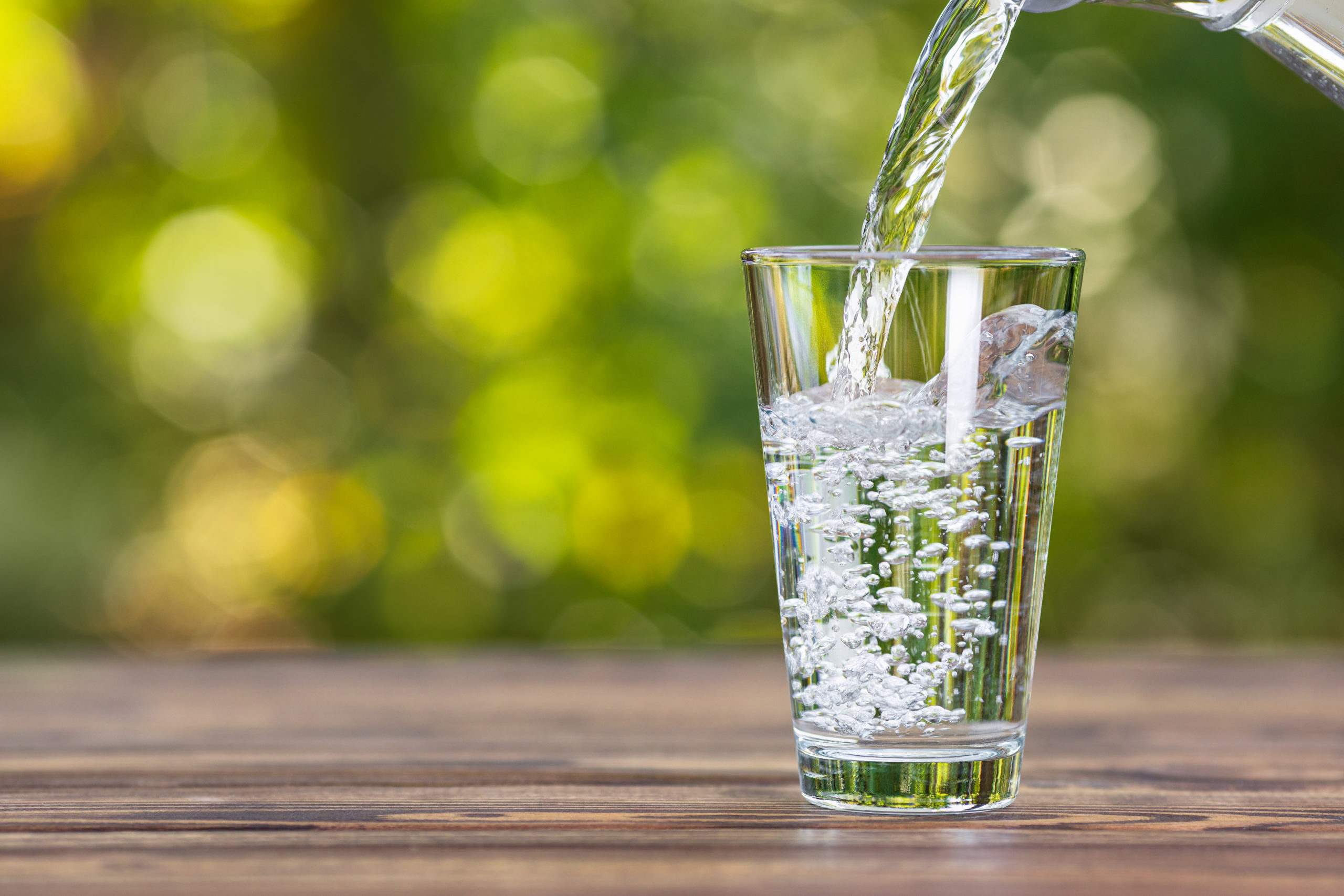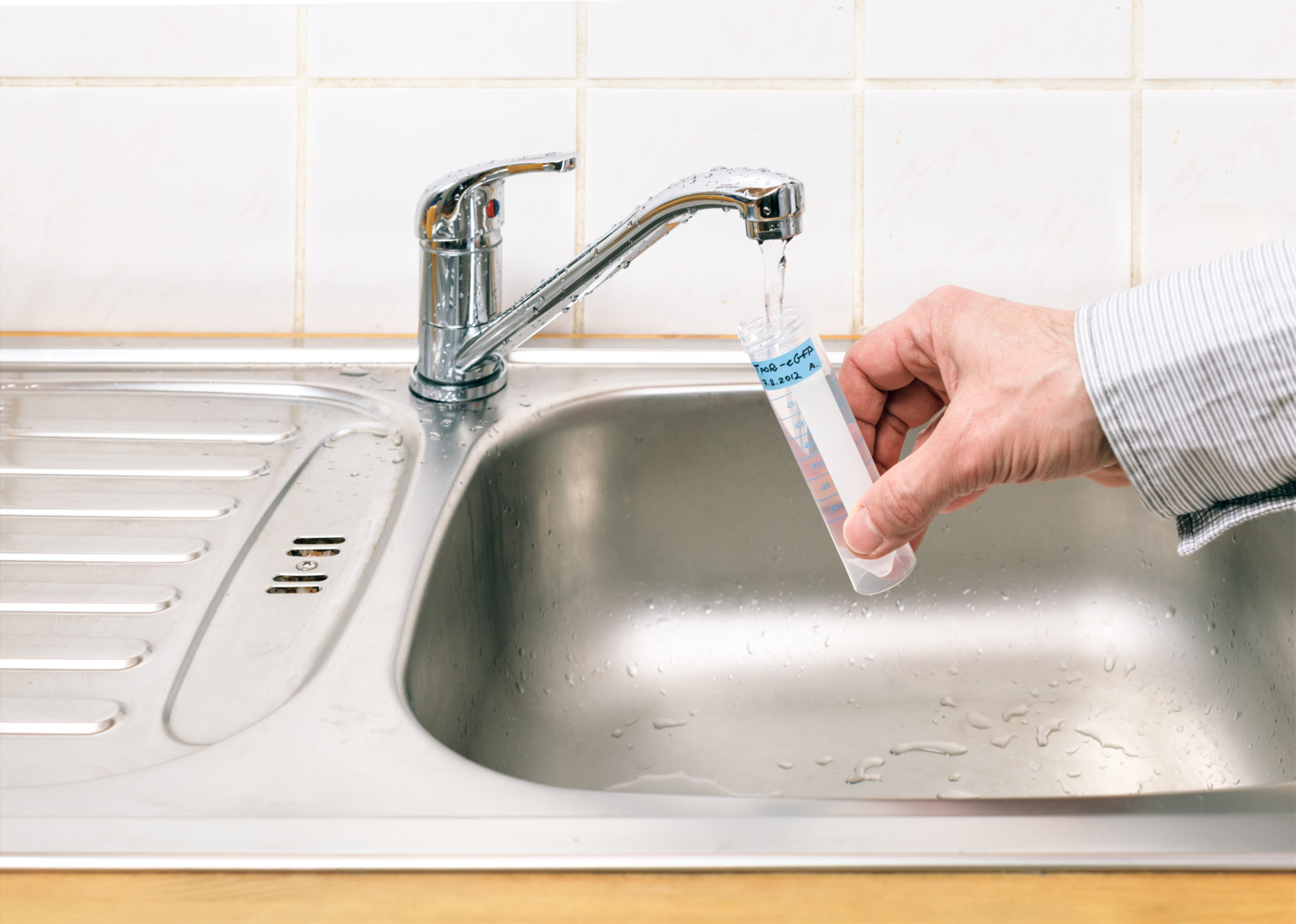What is The Camp Lejeune Justice Act?
The Camp Lejeune Justice Act aims to provide those injured by toxic exposures at Camp Lejeune the right to seek compensation in court. [1] The legal mechanisms that this act creates are unique and untested. Toxic exposure claims, even under normal circumstances, are complicated endeavors. These cases will require experienced toxic tort attorneys who know how to establish medical causation in court. At Hughes Law Offices, toxic torts is all we do. While the primary focus of our practice is serving railroad workers diagnosed with cancer, we are committed to helping veterans and other Camp Lejeune personnel navigate this new field of law.

What Happened at Camp Lejeune?
From the early 1950s to the late 1980s many of the people living or working at Camp Lejeune were exposed to drinking water that was severely contaminated with toxic chemicals such as benzene, tetrachloroethylene, trichloroethylene, and vinyl chloride. These chemicals had been improperly stored and disposed of on and around the base. The Navy became aware that there was something wrong with the drinking water in the early 80s. However, the most contaminated wells remained in operation until 1985.

Who Can File a Lawsuit?
You may be able to file a claim if you or a loved one:
- Was exposed to contaminated drinking water for at least 30 days between August 1, 1953 and December 31, 1987, and
- Received a diagnosis for a cancer or other illness that is related to the water contamination at Camp Lejeune.
Need Our Help? Contact Us Today!
What Cancers are Associated with the Water Contamination at Camp Lejeune?
The chemicals that contaminated the water at Camp Lejeune have been linked with numerous cancers including:
- Acute Myeloid Leukemia (AML)
- Aplastic Anemia
- Brain Cancer
- Bile Duct Cancer
- Breast Cancer
- Bladder Cancer
- Cervical Cancer
- Colorectal Cancer
- Chronic Lymphocytic Leukemia (CLL)
- Esophageal Cancer
- Gallbladder Cancer
- Hodgkin’s disease
- Intestinal Cancer
- Kidney Cancer
- Laryngeal Cancer
- Liver Cancer
- Lung Cancer
- Multiple Myeloma
- Myelodysplastic Syndrome (MDS)
- Non-Hodgkin’s Lymphoma (NHL)
- Other Leukemias
- Ovarian Cancer
- Pancreatic Cancer
- Prostate Cancer
- Spinal Cancer
- Thyroid Cancer
What Other Types of Illnesses are Associated with the Water Contamination at Camp Lejeune?
The chemicals that contaminated the water at Camp Lejeune have been linked with numerous other illnesses including:
- Birth Defects & Birth Injuries
- Female Infertility
- Hepatic Steatosis (Fatty Liver Disease)
- Low Birth Weight
- Major Malformations
- Miscarriage
- Neurobehavioral Effects
- Parkinson’s Disease
- Renal Toxicity
- Scleroderma (systemic Sclerosis)
- Toxic Encephalopathy
How Can I Make A Camp Lejeune Justice Act Claim?
If you or a loved one served, worked, or lived at Camp Lejeune between 1953 and 1987 and received a diagnosis that is or might be related to toxic exposures, call us today at 312-877-5588. You can also reach us by calling 1-800-BENZENE.
An experienced attorney will talk you through the details of your case. All case evaluations are 100% free. At Hughes Law Offices, we have had the pleasure of representing many individuals who served in the armed forces and the same experts that we rely upon to prove-up railroad cancer cases, will be instrumental in connecting an illness with toxic exposures at Camp Lejeune.
The Toxins in Camp Lejeune Water

What is Benzene?
Benzene is a carcinogenic aromatic hydrocarbon that is present in almost all petroleum products. The International Agency for Research on Cancer (IARC) classifies benzene as a group 1 carcinogen. [2] It is most strongly associated with cancers of the blood and bone marrow.
What is Tetrachloroethylene?
Tetrachloroethylene (AKA perchloroethylene or PERC) is a carcinogenic chlorocarbon. It was commonly used as an industrial degreaser and in the dry-cleaning of fabrics. The IARC has classified PERC as a Group 2A carcinogen. [2] It is most strongly associated with urinary bladder cancer. PERC also has strong ties with neurodegenerative illnesses such as toxic encephalopathy and Parkinson’s disease.
What is Trichloroethylene?
Trichloroethylene (TCE) is a carcinogenic chlorocarbon that was widely used as an industrial degreaser. The IARC classifies TCE as a group 1 carcinogen. [2] It is most strongly associated with Kidney cancer, however, it is also linked with cancer of the liver and bile duct as well as non-Hodgkin’s lymphoma. TCE has also been strongly associated with neurodegenerative illnesses such as toxic encephalopathy and Parkinson’s disease.
What is Vinyl Chloride?
Vinyl chloride (VC) is a carcinogenic organochloride. Vinyl chloride’s primary use is in the production of PVC pipe. TCE and PCE in groundwater degrade into VC over time. The IARC classifies VC as a group 1 carcinogen. [2] It is most strongly associated with liver cancer.
We May Be Able To Help
If you or a loved one was exposed to contaminated drinking water at Camp Lejeune the attorneys at Hughes Law Offices may be able to help. Focus on your recovery and let us do the work needed to prove your case. Call 312-877-5588 today and speak directly with an attorney at no cost to you.

Resources
[1] https://www.congress.gov/bill/117th-congress/house-bill/2192/text

